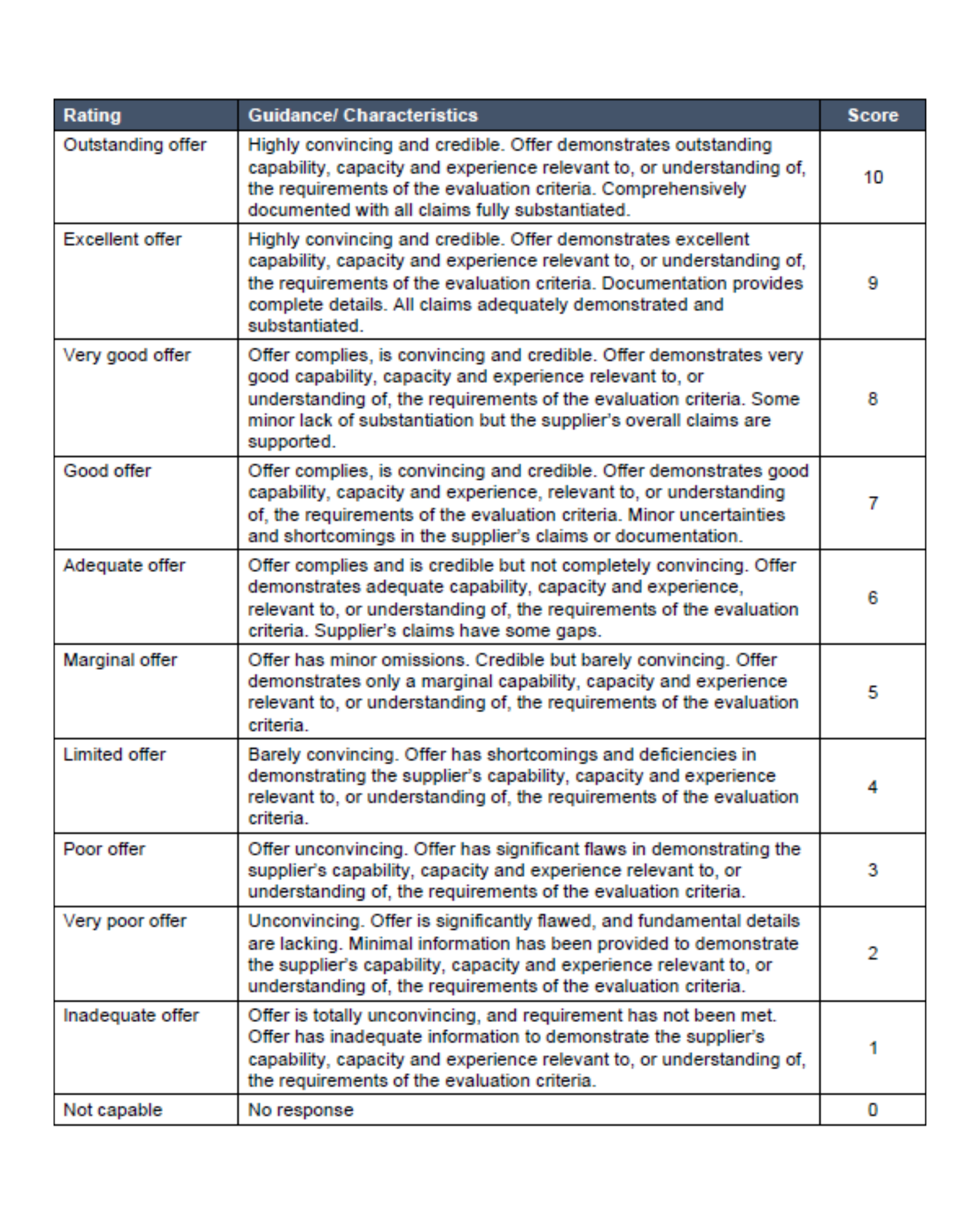

Australian Small-Medium-Enterprise (SMEs) represent almost all businesses nationally (99.8%) but consistently struggle to secure government contracts, winning only around 25% by volume and just 10% by value.
The reasons are not about capability; they are often about simple, repeated errors in tendering.
Getting these basics right can transform your business from overlooked to awarded.
Deadlines are unforgiving in government tenders, being latemeans you likely can’t submit through the portal and even you do get it in, a disqualification anyway. SMEs often underestimate how much time a good tender takes. Begin your response process early and set clear internal deadlines. Allocate tasks clearly, collect attachments ahead of schedule, and build in review time well before submission. Do not leave it to the last day, as portal traffic or tech issues can disrupt your submission.
Tip: Set internal deadlines at least 48 hours beforethe actual due date. Aim to submit the afternoon before the deadline at thelatest.
Many SMEs lose by missing compliance points, especially in strict sectors like Defence. Tender documents often specify mandatory requirements clearly, yet they are frequently overlooked. Pay close attention to every detail in the tender documents for the procurement process. Build a checklist, assign someone responsible for checking each requirement, and double-check before submission.
Tip: Have someone who has not prepared the tender perform a final compliance check, fresh eyes catch missed details.
Evaluators spot generic submissions quickly and will mark your response down as not being specific to their needs. It is essential to directly answer the questions and criteria outlined, using language and examples relevant to the specific tender. This requires understanding the tender fully and responding with tailored answers each time.
Tip: Always adapt your standard responses to align closely with each specific tender’s needs and language.
If your tender does not clearly explain why your business is the best choice, evaluators will move on quickly. Clearly show how your business meets their specific needs, highlighting unique capabilities, innovations, or proven results relevant to the requirements.
Tip: Use bullet points or short statements clearly stating unique benefits or measurable outcomes relevant to the tender.
Clear, professional writing makes a substantial difference in credibility. Poor grammar, jargon-heavy language, and unclear writing make evaluators doubt your professionalism and capability. Make your writing straight forward and easy to understand.
Tip: Avoid jargon, keep sentences concise, and ensure formatting is clean and consistent.
Tenders often require SMEs to outline how they manage potential risks. Failure to properly cover these can lead evaluators to doubt your preparedness. Clearly outline risks and explain how you will manage them, with practical contingency plans that prove you have thought things through thoroughly.
Tip: Provide realistic scenarios to clearly show howyour contingency and continuity plans would work in practice.
Complex or unclear pricing confuses evaluators and lowers trust in your proposal. Clearly itemise your pricing, justify your costs, and explain the value you are delivering. Transparent, straight forward pricing makes it easy for evaluators to see your value clearly.
Tip: Offer a simple pricing summary table, clearly explaining your pricing strategy and value.
Evaluators need confidence that your business can deliver whatis being promised. Clearly outline your staffing, skills, infrastructure, and financial stability. Include examples of successfully delivered projects toshow your capability and capacity clearly.
Tip: Provide a detailed profile of your team and infrastructure, highlighting specific capabilities relevant to the tender, and include backups.
Evaluators rely on references to verify your claims and satisfy scoring methods for “demonstrated experience” criteria. Weak oroutdated references can quickly undermine your bid. Ensure your references are recent, relevant, and directly aligned to the requirements of the tender.
Tip: Maintain an up-to-date reference document youcan quickly adapt and submit, clearly showing relevance to each tender.
Government agencies typically evaluate tender responses using a structured scoring rubric, which clearly defines how proposals are assessed against set criteria. Each submission is categorised from "Outstanding" through to "Inadequate," based on how convincingly it demonstrates capability, experience, and compliance with the tender requirements. High scores, such as "Outstanding" or "Excellent," require thorough substantiation, clarity, and strong alignment with the tender objectives. Lower scores indicate gaps, generic responses, limited clarity, or lack of substantiation. Understanding this scoring framework helps SMEs precisely target their responses to maximise evaluation scores and improve their chances of success.

Tenders are complex, competitive, and time-consuming, but SMEs can significantly improve their success rate by getting these basics right.
Avoiding these common mistakes involves planning, careful preparation, and being thorough at every step.
Addressing these will get you a seat at the table, helps your business stand out, and positions you as a credible, dependable partner for government.
With focused effort and clear strategies, SMEs can increase their chances of winning valuable government contracts. The right approach transforms the tendering process from stressful and uncertain to systematic and successful.



TenderPilot helps SMEs win more government tenders, faster, smarter, and without costly consultants or endless guesswork.